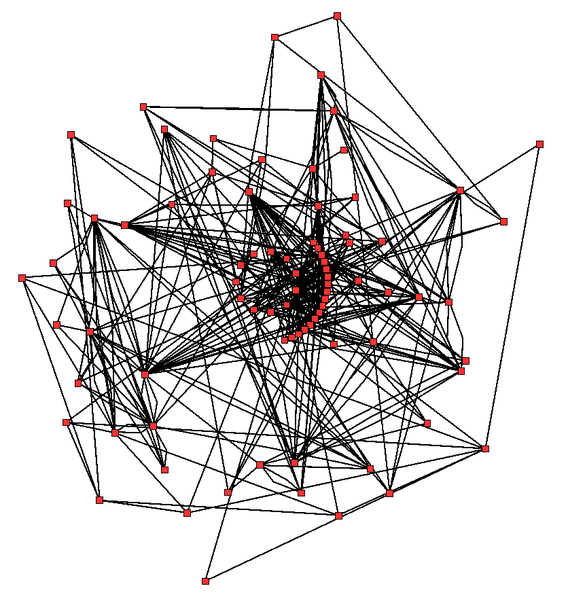Summary
Personalized PageRank is a standard tool for finding vertices in a graph that are most relevant to a query or user. To personalize PageRank, one adjusts node weights or edge weights that determine teleport probabilities and transition probabilities in a random surfer model. There are many fast methods to approximate PageRank when the node weights are personalized; however, personalization based on edge weights has been an open problem since the dawn of personalized PageRank over a decade ago. In this paper, we describe the first fast algorithm for computing PageRank on general graphs when the edge weights are personalized. Our method, which is based on model reduction, outperforms existing methods by nearly five orders of magnitude. This huge performance gain over previous work allows us — for the very first time — to solve learning-to-rank problems for edge weight personalization at interactive speeds, a goal that had not previously been achievable for this class of problems.
Papers
Best student paper award.
@inproceedings{2015-edgeppr,
author = {Xie, Wenlei and Bindel, David and Demers, Alan and Gehrke, Johannes},
booktitle = {Proceedings of ACM KDD 2015},
title = {Edge-Weighted Personalized {PageRank}:
Breaking A Decade-Old Performance Barrier},
month = aug,
year = {2015},
doi = {10.1145/2783258.2783278},
notable = {Best student paper award.},
code = {https://github.com/wenleix/EdgePPR},
slides = {present/2015-08-kdd-talk_kdd-aug15.pdf},
talk = {https://www.youtube.com/watch?v=Cop9Arcw6wY}
}
Abstract:
Personalized PageRank is a standard tool for finding vertices in a graph that are most relevant to a query or user. To personalize PageRank, one adjusts node weights or edge weights that determine teleport probabilities and transition probabilities in a random surfer model. There are many fast methods to approximate PageRank when the node weights are personalized; however, personalization based on edge weights has been an open problem since the dawn of personalized PageRank over a decade ago. In this paper, we describe the first fast algorithm for computing PageRank on general graphs when the edge weights are personalized. Our method, which is based on model reduction, outperforms existing methods by nearly five orders of magnitude. This huge performance gain over previous work allows us — for the very first time — to solve learning-to-rank problems for edge weight personalization at interactive speeds, a goal that had not previously been achievable for this class of problems.
Talks
Model Reduction for Edge-Weighted Personalized PageRank
Purdue Computational and Applied Mathematics Seminar
pagerank
•
seminar external invited
Model Reduction for Edge-Weighted Personalized PageRank
Hong Kong Baptist University
pagerank
•
seminar external invited
Model Reduction for Edge-Weighted Personalized PageRank
Stanford LA/Opt Seminar
pagerank
•
seminar external invited
Model Reduction for Edge-Weighted Personalized PageRank
Berkeley Matrix Computations Seminar
pagerank
•
seminar external invited
Edge-Weighted Personalized PageRank: Breaking a Decade-Old Performance Barrier
KDD 2015
pagerank
•
meeting external
Edge-Weighted Personalized PageRank: Breaking a Decade-Old Performance Barrier
KDD 2015 (poster session)
pagerank
•
meeting external poster
Model Reduction for Edge-Weighted Personalized Page Rank
Cornell SCAN Seminar
pagerank
•
seminar local
